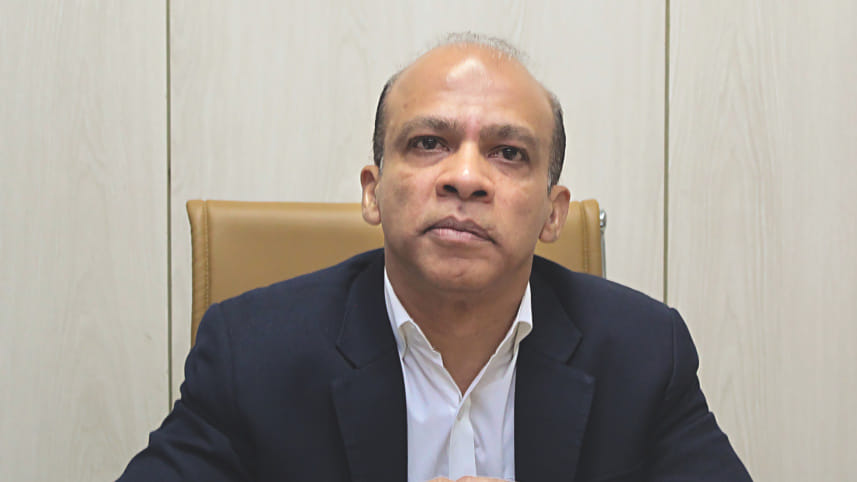“The number of LPG operator licenses should be limited”

The LPG industry of Bangladesh is quite progressive. The first-generation LPG started in the late 90s, the second generation started in around 2004-05 and the third generation came in 2014-15 and onwards, when the government decided to stop supply of natural gas in households. LPG use is now confined within households, hotels, restaurants, cafeterias, autogas, and township-condominium projects. There is a speculation that use of CNG in the automotive sector will be discouraged and may be replaced by LPG which will result in significant growth in LPG usage in the automotive segment.
We have a two-tier distribution channel. Companies give goods to distributors, distributors give it to retailers, and retailers give it to consumers. We map out the channel in a way we can maximise our reach.
The illegal act of cross-filling should be stopped, and brought under the legal framework for punishment, since this is jeopardising the safety of consumers. Establishing deep seaport can help import LPG at a much higher volume with the help of VLGC (very large gas carrier). This will drastically bring down the cost of LPG import. Consequently, the cost of LPG at consumer end will reduce. Considering the potential market demand in Bangladesh, the number of LPG operator licenses should be limited now and brought under strong regulation and, overall compliance and safety level should be strictly monitored and ensured by appropriate government agencies. All relevant safety aspects should be ensured in the LPG plants by all the LPG companies in-line with international standards.
Omera is the pioneer in introducing several new concepts in LPG industry–using waterway for carrying LPG, having multiple satellite plants from the very beginning, adopting state-of-the-art and the most modern European technology in all Omera installations, perfect distribution mapping, etc.



 For all latest news, follow The Daily Star's Google News channel.
For all latest news, follow The Daily Star's Google News channel.
Comments